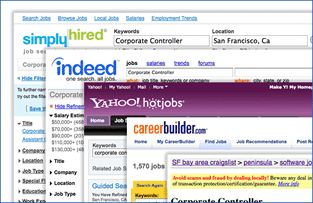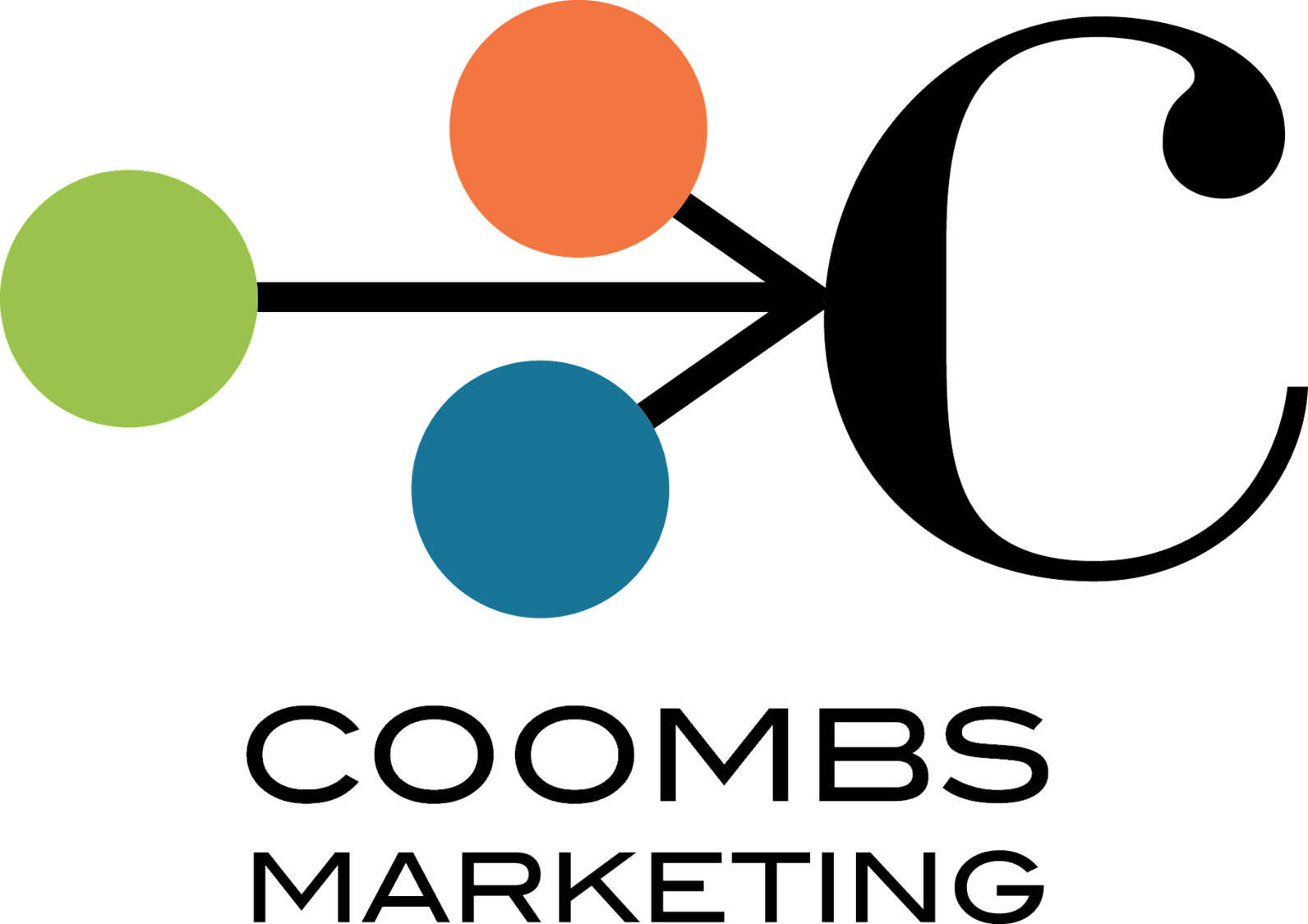 Many of us have been told, at one point or another, that the key to career success is a college education. With that in mind, we dutifully (although not always gracefully) completed our four(+) years, earned our diplomas and prepared to enter the workforce, to take the world by storm.
Many of us have been told, at one point or another, that the key to career success is a college education. With that in mind, we dutifully (although not always gracefully) completed our four(+) years, earned our diplomas and prepared to enter the workforce, to take the world by storm.
Reality check, party of one!
 The cost of higher education has increased exponentially over the past thirty years. A four year degree from a private university can easily run $75-$100K, leaving graduates with an oppressive amount of debt. With tuition costs today, it can take decades to see a return on your substantial investment. To add insult to injury, many new grads have little meaningful work experience, making it difficult to find jobs in their field.
The cost of higher education has increased exponentially over the past thirty years. A four year degree from a private university can easily run $75-$100K, leaving graduates with an oppressive amount of debt. With tuition costs today, it can take decades to see a return on your substantial investment. To add insult to injury, many new grads have little meaningful work experience, making it difficult to find jobs in their field.
I have read my share of job descriptions and here’s how it usually goes:
 Job title – Often generic, sometimes misleading. I take job titles with a grain of salt. My official title is Director of Awesome, but that says nothing about my actual role within the company.
Job title – Often generic, sometimes misleading. I take job titles with a grain of salt. My official title is Director of Awesome, but that says nothing about my actual role within the company.- Duties/Responsibilities – This is the good stuff. What will I do each day if I’m hired? I usually walk away feeling pretty good after this part, “hey, I can do that!”
- Required skills –UGH! This part generally includes some version of the phrase “four year degree and XX years proven work experience.” If a specific certification is required to fulfill the role, you’ll find it here. This is the part where people click away.
There is no denying the rise popularity of certificate programs as an important and viable post-secondary educational option. According to the American Association of Community Colleges (AACC), the number of students opting for certificates over degrees more than doubled from 106K in 2001 to 249K in 2011, but why the change? In washingtonpost.com’s article Are certificates the future of higher education? Dr. Arthur Carnevale, director of Georgetown University’s Center on Education and the Workforce is quoted saying “certificates are piecemeal, attainable, bite-sized educational awards.” This is what makes them so appealing.
So what is the real value of obtaining a certification, relevant to your industry?
 Cost: According to Georgetown University professor Stephen Rose, certificate programs through public community colleges cost $13K less per year, on average, than a private university education.
Cost: According to Georgetown University professor Stephen Rose, certificate programs through public community colleges cost $13K less per year, on average, than a private university education.
- Duration: Programs run anywhere from a couple of months to two years or more.
- Flexibility: Offered in a variety of continuing education settings, certification programs are not just live, in-person classroom based courses. From work-at-your-own-pace options to interactive, collaborative virtual classrooms, there are a variety of options available to fit your lifestyle and budget.
- Focus: Certificate programs are closely tied to a specific job or career path. In some fields, certificate holders earn more than recent college graduates. In his blog titled Which is More Valuable: College Degree or Certification?, business leader and management consultant JT Pedersen states “Coming from the perspective of a hiring manager, I can say there are clearly cases where a certification can have equal, or greater, standing than a diploma.” He goes on to say “I can tell you, I’d rather hire a lightly experienced—certified—developer, than a degreed student with no meaningful work experience.”
- Marketability: Today’s job market is one of the most competitive in history. Many positions have hundreds, even thousands of applicants. Making your resume stand out from the crowd is a huge challenge. If you have a certification that the next person doesn’t, you start out with an advantage.
- Consistent Skillsets: Each college or university is different and the requirements to earn the same degree vary from one school to another. As a hiring manager, certifications serve as a way to level-set among candidates, to ensure they possess skills required to succeed in the position, if hired. If the candidate has the pertinent certification, you can be reasonably confident that they know their stuff.
- Relevence: Generally, certifications expire, requiring periodic recertification. This is especially important to industries experiencing rapid technological advancement. Because a college degree does not require any kind of continuing education to remain valid, keeping your certification current can mean a competitive advantage over the next person. It certainly ensures your knowledge is more current.
 The Washington Post, quoting a recent Georgetown University study, began an article with the sentence “Certificates, not degrees, are the future of higher education.” Pretty impacful, since there seems to be a certification for everything these days. A quick Google search for programs relevant to your industry will likely return more results than you’d ever need. Essentially, it’s not where you study, or for how long, it’s what you study, that has the potential for the biggest impact. If setting yourself up for career success is your goal, obtaining and maintaining a relevant and accredited certification could be just the differentiator you need.
The Washington Post, quoting a recent Georgetown University study, began an article with the sentence “Certificates, not degrees, are the future of higher education.” Pretty impacful, since there seems to be a certification for everything these days. A quick Google search for programs relevant to your industry will likely return more results than you’d ever need. Essentially, it’s not where you study, or for how long, it’s what you study, that has the potential for the biggest impact. If setting yourself up for career success is your goal, obtaining and maintaining a relevant and accredited certification could be just the differentiator you need.
Having said all of this, I have been Inbound, HubSpot and Partner certified by HubSpot Academy. This has been an incredible online certification experience. I was able to get certified at my pace with their program, and the certification had a number of interactive sessions, that I could choose from, to get live feedback and help. These certifications have greatly influenced Coombs Marketing clients to work with us. It's a well known fact that HubSpot is the #1 Marketing Automation software, but in my opinion, they are #1 in online certification with the HubSpot Academy too. I recommend you check it out!



